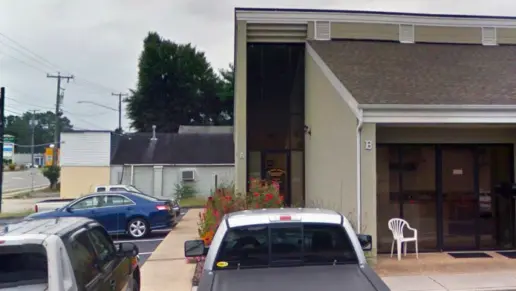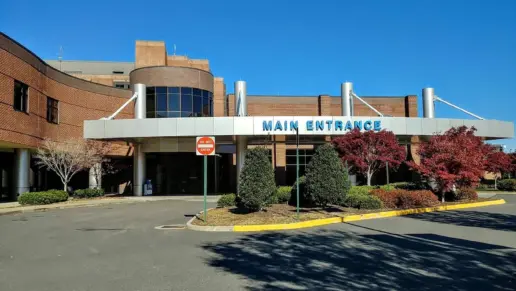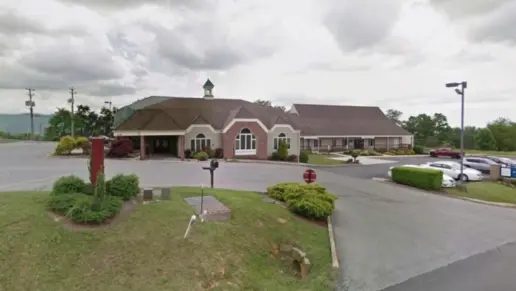About SaVida Health Fredericksburg
SaVida Health Fredericksburg is an outpatient alcohol and opioid addiction treatment center in Fredericksburg, Virginia. They provide a safe and conducive opioid recovery program coordinated by highly experienced professionals. Emphasis is placed on confidentiality, quality and individualized treatment. They even offer Hepatitis C treatment and urine drug screening. It’s especially convenient that they accept Medicaid and Medicare. This makes their recovery services affordable.
Their specialty is medication assisted treatment. This is considered the most effective evidence based technique in treating substance use disorders. It uses FDA approved medication alongside therapy or counseling to support recovery. The facility uses various medications for this purpose. The specific medication used will typically depend on your unique situation based on the individualized treatment plans. Available options include Vivitrol, Suboxone and Buprenorphine. These medications curb cravings and minimize withdrawal symptoms. This allows you to undergo individual and group counseling.
Counseling offers you access to supportive peer networks. This fosters emotional resilience, personal growth and the development of solid coping strategies. These are essential for achieving and maintaining lasting sobriety. Specialized recovery services are available for expectant women with substance use issues. This program prioritizes prenatal health and involves coordination with obstetricians to ensure the wellbeing of the mother and unborn child. Emphasis is on emotional and psychological support and safe medication protocols.
They also offer psychiatric medication management and care coordination. Their psychiatric medication management helps individuals maintain stability and manage mental health symptoms during recovery. This is especially helpful for those with cooccurring disorders.
Care coordination is all about helping you navigate challenges in recovery and connecting you to community resources. This may include housing, employment and medical care as well as ongoing support services. Comments from past clients reflect an overwhelmingly positive experience and exceptional quality of care.
Latest Reviews
Rehab Score
Gallery
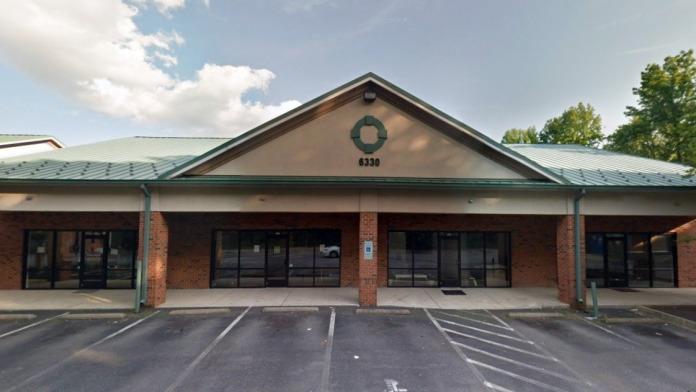
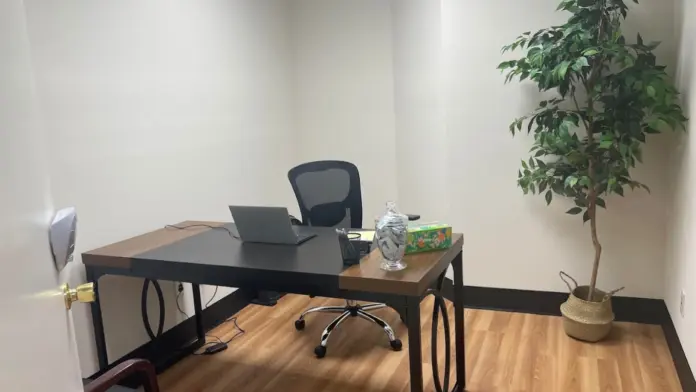
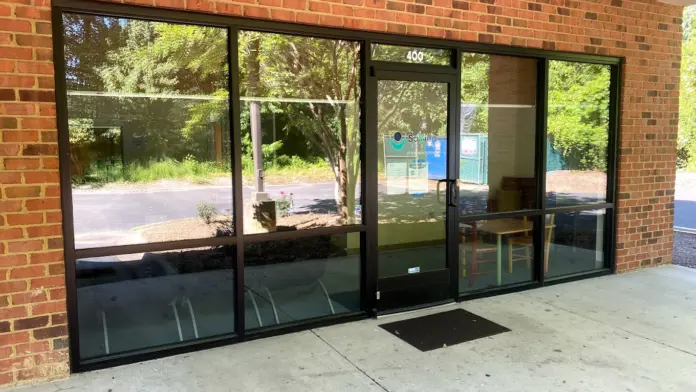
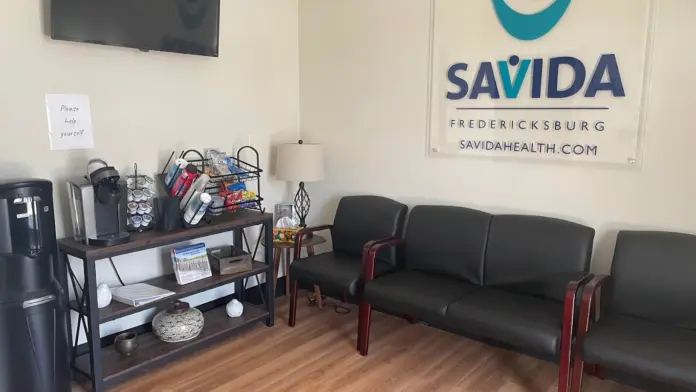
Location
Other Forms of Payment
Private insurance refers to any kind of healthcare coverage that isn't from the state or federal government. This includes individual and family plans offered by an employer or purchased from the Insurance Marketplace. Every plan will have different requirements and out of pocket costs so be sure to get the full details before you start treatment.
Self-pay involves paying for treatment out of your own pocket. You can use savings or credit, get a personal loan, or receive help from family and friends to fund your treatment. If you don't have insurance or your insurance plan doesn't cover a specific program, self-pay can help ensure you still get the care you need.
Medicare is a federal program that provides health insurance for those 65 and older. It also serves people under 65 with chronic and disabling health challenges. To use Medicare for addiction treatment you need to find a program that accepts Medicare and is in network with your plan. Out of pocket costs and preauthorization requirements vary, so always check with your provider.
Medicaid is a state based program that helps lower-income individuals and families pay for healthcare. Medicaid covers addiction treatment so those enrolled can use their coverage to pay for rehab. When a program accepts Medicaid the client often pays very little or nothing out of their own pocket.
Addiction Treatments
Levels of Care
Treatments
The goal of treatment for alcoholism is abstinence. Those with poor social support, poor motivation, or psychiatric disorders tend to relapse within a few years of treatment. For these people, success is measured by longer periods of abstinence, reduced use of alcohol, better health, and improved social functioning. Recovery and Maintenance are usually based on 12 step programs and AA meetings.
When you enroll in drug rehab in Virginia, a treatment plan is designed by professional staff in order to help you overcome drug addiction and modify addictive behaviors. This may include evidence-based treatments, group and individual therapy, and relapse prevention.
Opioid rehabs specialize in supporting those recovering from opioid addiction. They treat those suffering from addiction to illegal opioids like heroin, as well as prescription drugs like oxycodone. These centers typically combine both physical as well as mental and emotional support to help stop addiction. Physical support often includes medical detox and subsequent medical support (including medication), and mental support includes in-depth therapy to address the underlying causes of addiction.
Programs



Clinical Services
Cognitive behavioral therapy in Virginia is a short term form of talk therapy. Participants usually have homework between sessions, which may include journaling, self talk, and setting SMART goals. The aim is to transform negative thought patterns into positive ones.
Group therapy is any therapeutic work that happens in a group (not one-on-one). There are a number of different group therapy modalities, including support groups, experiential therapy, psycho-education, and more. Group therapy involves treatment as well as processing interaction between group members.
In individual therapy, a patient meets one-on-one with a trained psychologist or counselor. Therapy is a pivotal part of effective substance abuse treatment, as it often covers root causes of addiction, including challenges faced by the patient in their social, family, and work/school life.
Research clearly demonstrates that recovery is far more successful and sustainable when loved ones like family members participate in rehab and substance abuse treatment. Genetic factors may be at play when it comes to drug and alcohol addiction, as well as mental health issues. Family dynamics often play a critical role in addiction triggers, and if properly educated, family members can be a strong source of support when it comes to rehabilitation.
If you've experienced addiction, you may have lost the skills to self manage and adapt to change. Because these basic life skills are crucial for recovery, drug rehab programs typically include life skills training as an integral part of treatment.
Amenities
-
Private Rooms
Contact Information
308 Westwood Office Park
Fredericksburg, VA 22401
